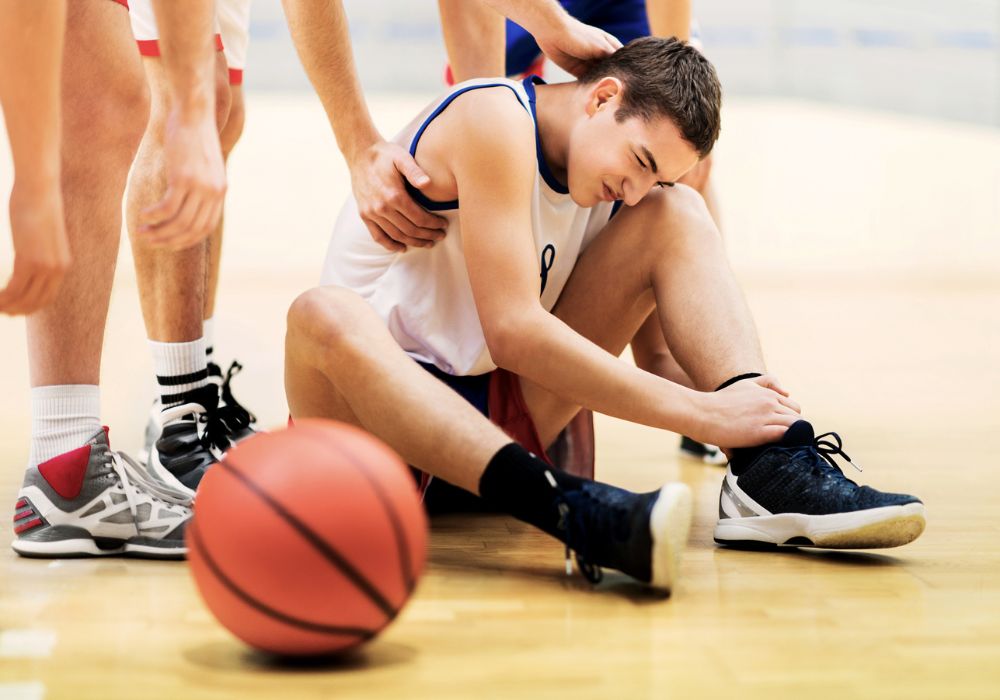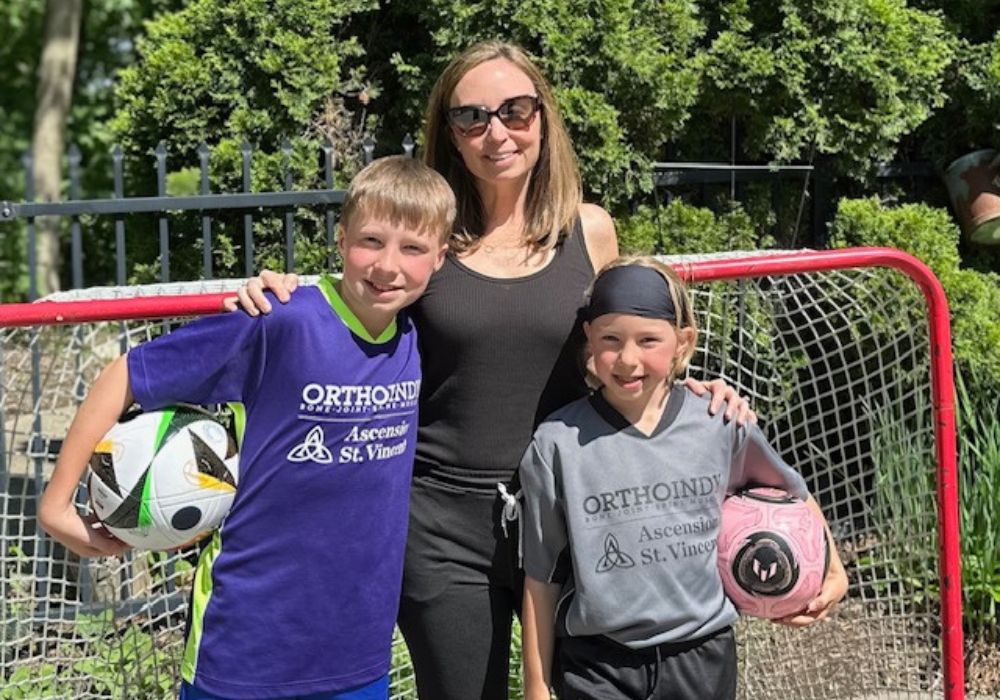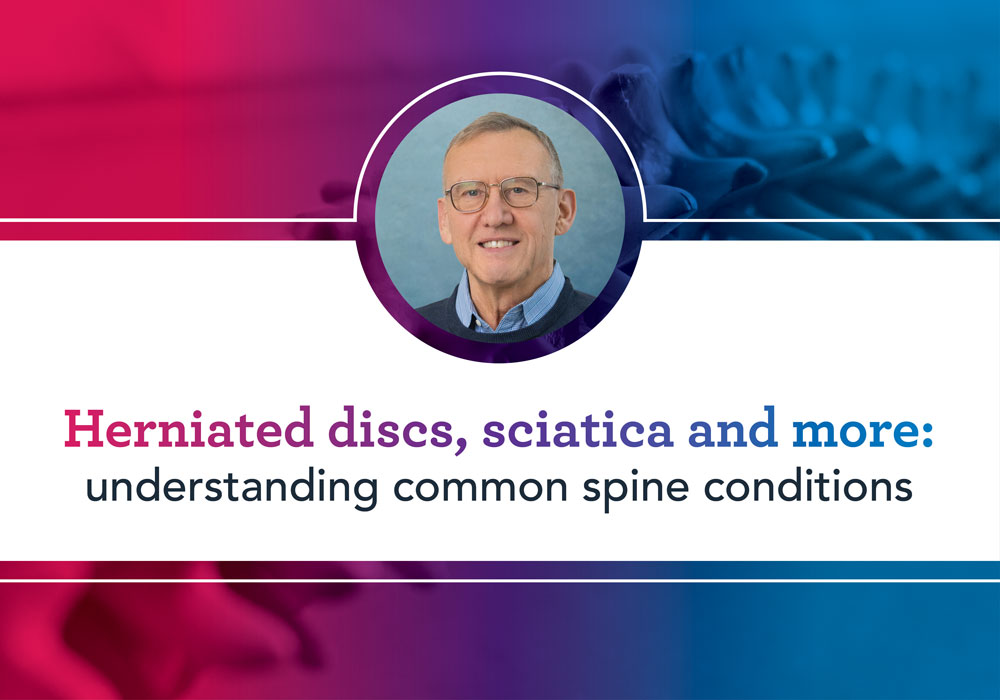Rickets is a bone disease that causes weak bones, bowed legs and other bone deformities.
Commonly considered a disease of the past, rickets has not been eliminated in the world and in recent years has been more common in the United States.
How do you get rickets?
Children with rickets do not get enough calcium, phosphorus or Vitamin D, which help grow healthy bones. In some cases, rickets is inherited.
Risk factors of rickets
Breast milk contains little Vitamin D, which is why rickets is seen most commonly in babies who are breastfed for a long period of time. Other factors include:
- Low calcium
- Lack of sun exposure
- Darker skin
- Poor diet
- Lactose intolerant
Symptoms of rickets
- Drowsiness
- Seizures
- Weak muscle tone
- Delayed development
- Decreased growth
- Stooped posture
- Bowed legs
- Widening of the wrists and ankle bones
- Chest and rib deformities
Physician examination
After a complete medical history review, your physician will perform a brief physical exam on your child to look for symptoms. X-rays and blood tests are usually necessary to confirm the diagnosis.
MAKE AN APPOINTMENT WITH AN ORTHOINDY ORTHOPEDIC PEDIATRIC SPECIALIST
Can rickets be cured?
Supplements such as Vitamin D and calcium immediately help the healing process.Recovery may take months, but deformities of the bones may get better over time without surgery. Surgery may be necessary in advanced cases to correct severely bowed or knock-kneed legs. In extreme cases, chest or pelvic deformities may be permanent.
How to prevent rickets
- If your infant is exclusively breastfed, they should be supplemented with 400 IU of Vitamin D every day; nursing mothers should take 4000 IU of Vitamin D to increase Vitamin D in the breast milk
- Infants need 400 mg of calcium daily (about one and a half cups of milk)
- Older children and adolescents should get 1000 to 1500 IU of Vitamin D every day
- A teen might need 1500 to 2000 mg of calcium to form strong bones
- Lactose intolerant children can be supplemented with calcium in liquid, gummy or chewable pill forms.
Learn more about pediatric orthopedic care at OrthoIndy.
Schedule an appointment
Your well-being is important to us. Click the button below or call us to schedule an appointment with one of our orthopedic specialists. If your injury or condition is recent, you can walk right into one of our OrthoIndy Urgent Care locations for immediate care. For rehabilitation and physical therapy, no referral is needed to see one of our physical therapists.





